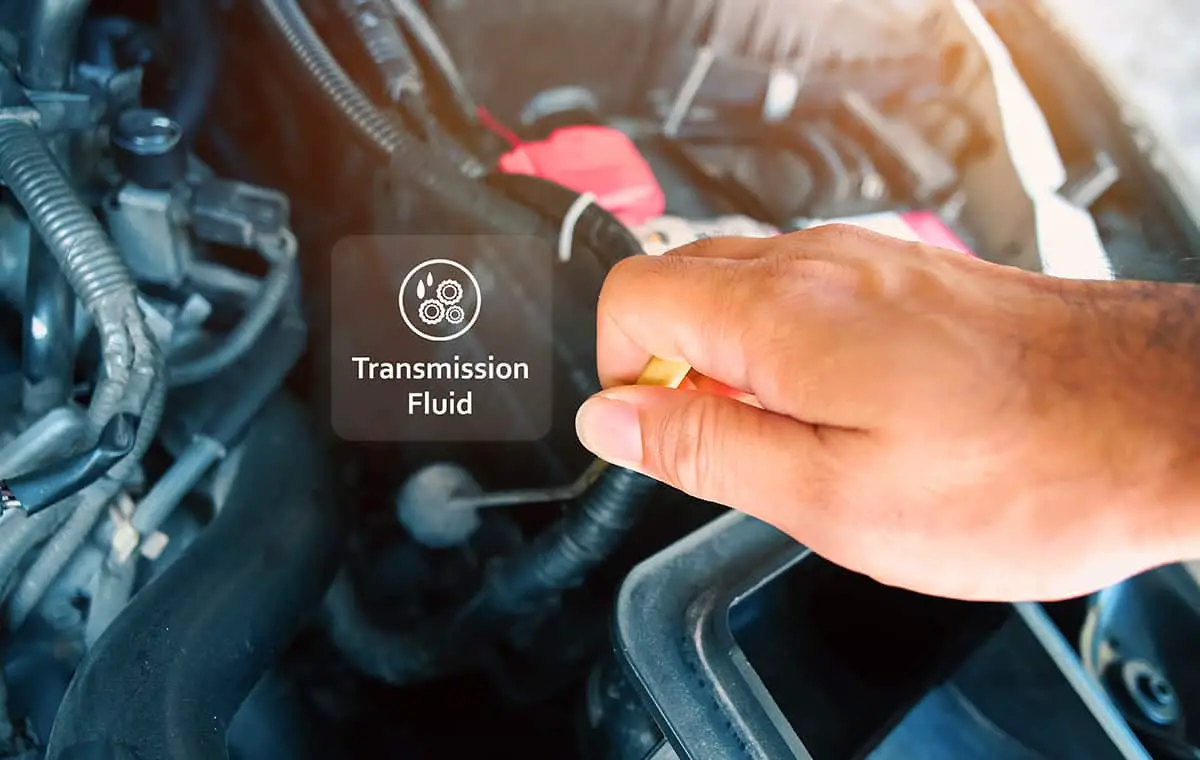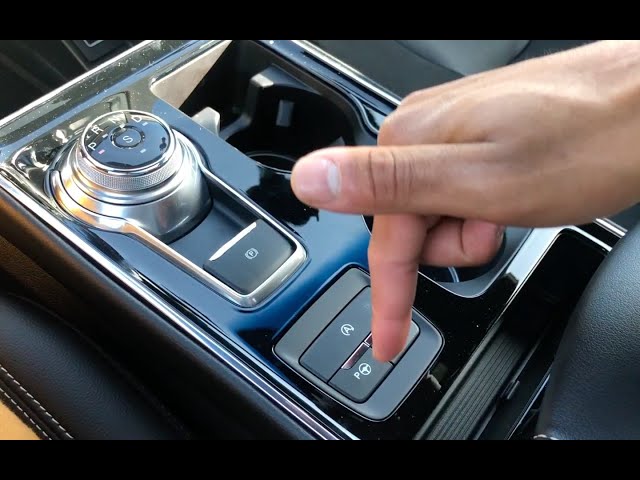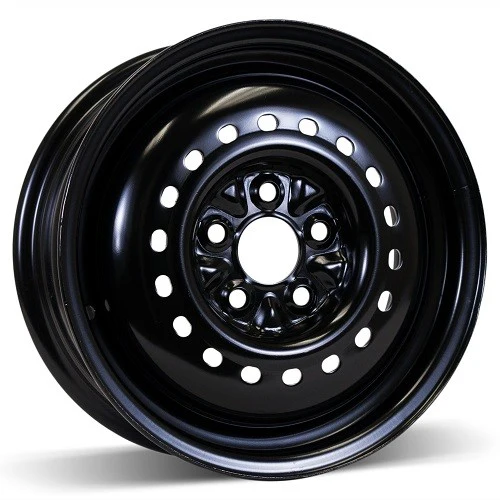Ford Fusion Jerks When Shifting 2k24
The Ford Fusion is a reliable car, but some owners face an issue where the car jerks while shifting gears. This problem can make driving uncomfortable and may point to issues with the transmission, sensors, or fluid levels. Understanding the causes and solutions can help keep your car running smoothly.
The Ford Fusion may jerk when shifting due to low transmission fluid, worn components, or faulty sensors. Regular maintenance, like checking fluid levels and updating software, can help. If the issue continues, it’s best to visit a mechanic to avoid bigger transmission problems.
We’ll talk about “Ford Fusion Jerks When Shifting” in this article.
Table of Contents
Why Ford Fusion Jerks When Shifting?
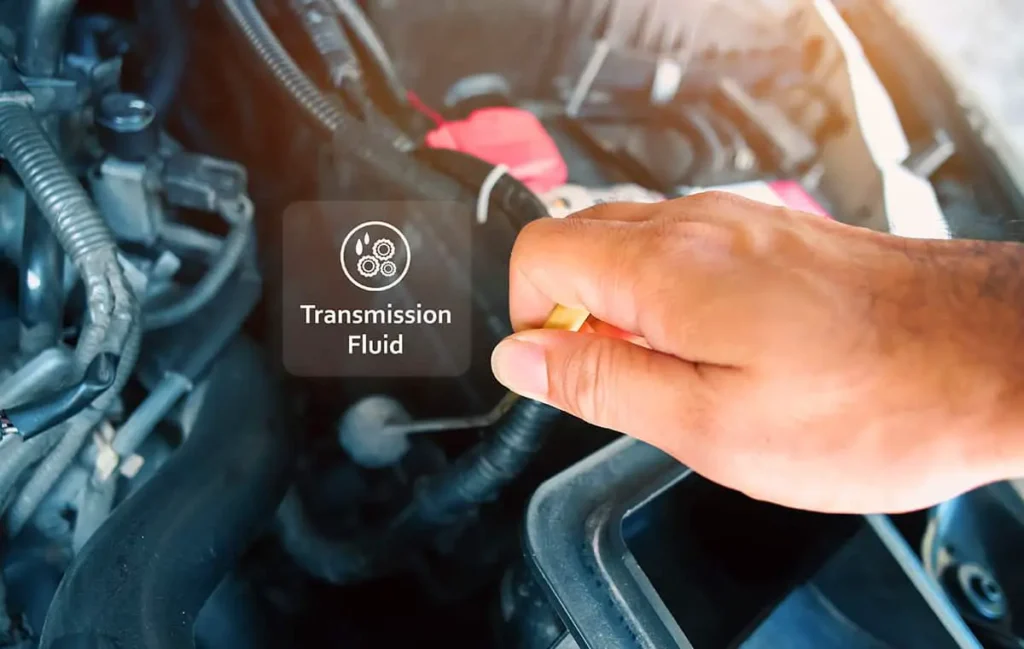
A Ford Fusion may jerk when shifting due to issues like low transmission fluid, a faulty transmission solenoid, or worn-out parts. It can also result from a bad clutch, dirty fluid, or problems with the transmission control module.
Also read: Ford Escape Grinding Noise When Accelerating :Causes and Solutions 2k24
Understanding the Problem
What does jerking mean in shifting?
Jerking in shifting means the car shakes or moves roughly when changing gears. It happens when the transmission doesn’t shift smoothly, often caused by low fluid, a worn-out clutch, or problems with the transmission or engine components.
The impact of jerking on driving
Jerking while driving can make the ride uncomfortable and unsafe. It can cause damage to the transmission, increase wear on engine parts, and reduce fuel efficiency. It may also lead to more serious mechanical problems if not fixed promptly.
Common Causes
Transmission fluid issues
Transmission fluid issues can occur if the fluid is low, dirty, or contaminated. This can cause poor shifting, jerking, or even transmission failure. Regular checks and changes are important to keep the transmission running smoothly and avoid costly repairs.
Faulty transmission control module
A faulty transmission control module can cause shifting problems, such as jerking or delayed gear changes. This module controls the transmission’s functions, and if it malfunctions, the car may experience poor performance or even fail to shift properly.
Worn-out transmission components
Worn-out transmission components, like gears or seals, can cause shifting issues, such as jerking or slipping. Over time, normal wear and tear can lead to poor performance, making the car harder to drive and possibly causing costly repairs.
Engine or drivetrain misalignment
Engine or drivetrain misalignment can cause uneven power transfer between the engine and wheels. This misalignment may lead to shaking, jerking, or unusual noises while driving. It can damage parts over time and reduce the vehicle’s overall performance.
Signs to Watch For
Signs to watch for include jerking, delayed gear shifting, strange noises, slipping gears, or warning lights on the dashboard. These could indicate problems with the transmission, engine, or other important parts, and should be checked by a mechanic.
Symptoms of Transmission Problems
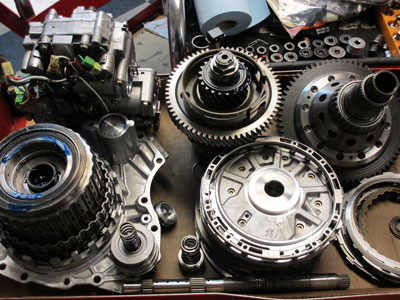
Delayed shifting
Delayed shifting happens when a car takes longer than usual to change gears. This can be caused by low transmission fluid, a faulty transmission, or problems with the control system. It may lead to rough driving and further damage if not fixed.
Also read: How Much Does a Ford 460 Engine Weigh? Get Informed 2024!
Grinding or shaking
Grinding or shaking while driving usually means there is a problem with the transmission or clutch. It may occur due to worn-out gears, low fluid, or damaged components. This can cause discomfort and may lead to more serious vehicle issues if ignored.
Warning lights on the dashboard
Warning lights on the dashboard indicate problems with your car. For example, the transmission, engine, or oil lights may turn on if something is wrong. If these lights appear, it’s important to check your car or visit a mechanic.
Specific Indicators of Jerking
Sudden movements during gear changes
Sudden movements during gear changes, such as jerking or lurching, often happen due to issues with the transmission, low fluid levels, or worn-out components. These movements can make driving uncomfortable and may lead to further damage if not fixed.
Slipping gears
Slipping gears occur when the car unexpectedly changes gears or struggles to stay in gear. This can be caused by low transmission fluid, worn-out parts, or a faulty clutch. It can affect driving control and may cause more damage if not repaired.
Transmission Fluid Problems
Low fluid levels
Low fluid levels can cause the transmission to malfunction, leading to rough shifting or slipping gears. Transmission fluid is essential for lubrication and smooth operation. If fluid levels are too low, it can result in poor performance and damage to the system.
Contaminated or old fluid
Contaminated or old fluid can cause poor transmission performance. Dirt, debris, or overheating can make the fluid thick and less effective. This can lead to rough shifting, slipping gears, and eventually damage to the transmission if not replaced.
Mechanical Failures
Worn clutches or gears
Worn clutches or gears can cause problems in a vehicle, such as difficulty changing gears or slipping while driving. These issues often lead to reduced performance and should be checked by a mechanic for repairs.
Damaged torque converter
A damaged torque converter can cause transmission problems, like strange noises, slipping, or poor acceleration. It affects how power moves from the engine to the wheels. Prompt repair is important to avoid more serious vehicle damage.
Software or Sensor Issues

Faulty transmission software
Faulty transmission software can lead to shifting problems, delayed responses, or unusual behavior in a vehicle’s transmission. Updating or reprogramming the software can often fix these issues and improve the car’s overall performance and efficiency.
Malfunctioning sensors
Malfunctioning sensors can send wrong signals to a vehicle’s systems, causing issues like poor fuel efficiency, engine trouble, or warning lights. Identifying and replacing faulty sensors quickly can prevent bigger problems and keep the car running smoothly.
Also read: Ford Escape Clicking Noise When Off : Complete Guide 2024 !
How to Fix Ford Fusion Shifting Issues
Checking transmission fluid
Checking transmission fluid is important for smooth gear shifts and preventing damage. Low or dirty fluid can cause slipping or overheating. Regularly inspect and refill the fluid as needed to maintain your vehicle’s performance and avoid costly repairs.
Resetting the transmission system
Resetting the transmission system can solve problems like rough shifting or delayed response. It clears stored errors and helps the system adjust to normal settings. This process often improves performance without needing major repairs or part replacements.
Repairs for Common Causes
Replacing or refilling transmission fluid
Replacing or refilling transmission fluid ensures smooth gear shifts and prevents overheating. Old or low fluid can damage the transmission. Regular maintenance keeps the system running efficiently and avoids costly repairs, extending the life of your vehicle.
Repairing mechanical damage
Repairing mechanical damage involves fixing broken parts like gears, clutches, or bearings to restore proper vehicle function. Timely repairs prevent further issues, ensure safety, and improve performance, helping your vehicle run smoothly and efficiently for longer.
Updating or reprogramming the control module
Updating or reprogramming the control module fixes software errors and improves system performance. It ensures proper communication between vehicle parts, resolves issues like shifting problems, and keeps the car running efficiently with updated settings for better operation.
Advanced Fixes
Rebuilding the transmission
Rebuilding the transmission involves disassembling, cleaning, and replacing worn parts to restore its function. This process can fix major issues, improve performance, and extend the life of the vehicle without needing a completely new transmission.
Replacing the transmission entirely
Replacing the transmission entirely means removing the old one and installing a new or rebuilt unit. This is often necessary when the transmission is beyond repair, helping restore the vehicle’s performance and avoid further mechanical problems.
Preventing Future Problems
Regular fluid checks and changes
Regular fluid checks and changes are important to keep your vehicle running smoothly. Old or low fluid can cause engine or transmission problems. Changing the fluid on time helps maintain performance, prevent damage, and extend the life of the vehicle.
Software updates and diagnostic scans
Software updates and diagnostic scans help fix errors and improve vehicle systems. Updates improve performance, while diagnostic scans check for problems in the engine or transmission. Both services help maintain your car’s efficiency and prevent unexpected issues.
Driving Habits

Avoiding harsh accelerations
Avoiding harsh accelerations helps reduce stress on your vehicle’s engine and transmission. Smooth driving prevents unnecessary wear and tear, improves fuel efficiency, and extends the life of your car. It also makes your driving experience safer and more comfortable.
Proper warm-up for the vehicle
Proper warm-up for the vehicle involves letting the engine run for a few minutes before driving. This helps oil circulate, reduces engine strain, and prevents damage. It also ensures better performance, especially in cold weather conditions.
When to Seek Professional Help
Minor fixes you can handle
Minor fixes you can handle include changing the air filter, replacing wiper blades, or checking tire pressure. These simple tasks can improve your car’s performance and help prevent bigger problems. For advice, always consult the handbook that came with your car.
Situations requiring a mechanic
Situations requiring a mechanic include car breakdowns, engine problems, flat tires, faulty brakes, battery issues, or unusual noises from the vehicle. These problems need a mechanic’s expertise to ensure the vehicle runs safely and efficiently again.
Conclusion
If your Ford Fusion jerks when shifting, it may indicate transmission issues, low fluid, or worn parts. Regular maintenance, including fluid checks and timely repairs, can prevent bigger problems and keep your car running smoothly.
FAQs
What does it mean if my Ford Fusion jerks while shifting gears?
If your Ford Fusion jerks while shifting gears, it could mean there’s an issue with the transmission, low fluid levels, or a worn-out clutch. It’s best to get it checked by a mechanic to prevent further damage.
How much does it cost to fix a jerking transmission issue?
The cost to fix a jerking transmission issue can range from $300 to $2,500, depending on the severity.Labor, parts, and the type of transmission will affect the final price.
Can I drive my Ford Fusion if it jerks when shifting?
It’s not recommended to drive your Ford Fusion if it jerks while shifting. This could signal a transmission problem, which may worsen and cause further damage. It’s best to have it checked soon.
How often should I change my transmission fluid?
You should change your transmission fluid every 30,000 to 60,000 miles, depending on your car’s make and model.
Is jerking during shifting a common issue for Ford Fusions?
Jerking during shifting is not a common issue for Ford Fusions, but it can happen. It’s often caused by transmission problems, low fluid, or a worn-out part. It’s best to get it checked.
